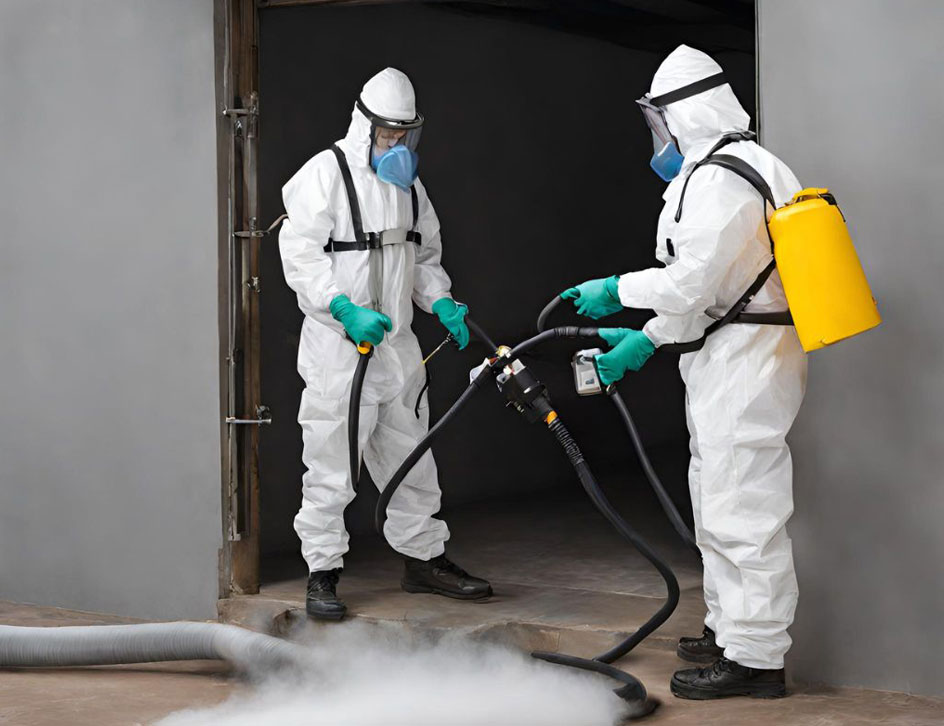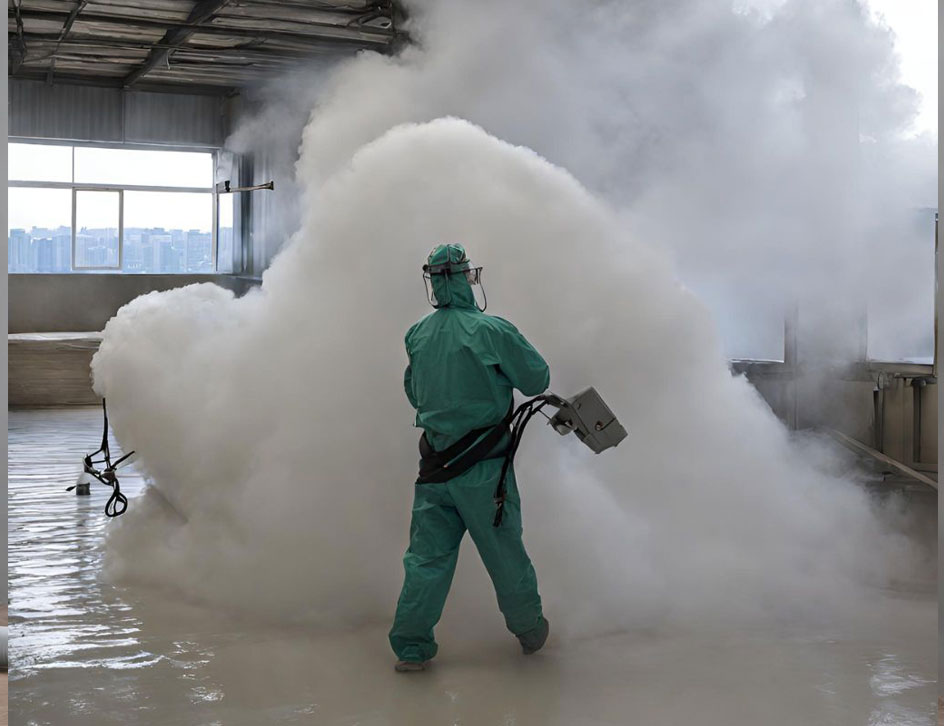

Hemant Wooden Packaging is a Mumbai-based company founded by Mr. Hemant S.Pandey, that takes pride in being a leading provider of comprehensive and reliable fumigation treatment services and heat treatment services.
Read More
Welcome to Hemant Wooden Packaging, your trusted partner for Phytosanitary Certificate (PSC) services. A phytosanitary certificate is a document that confirms the health status of plants or plant products being exported internationally. It's vital for ensuring safe trade and preventing the spread of pests and diseases. This certificate, issued by the National Plant Protection Organization (NPPO) of the exporting country, verifies that the exported items have been inspected and are free from harmful pests and diseases.
We specialize in providing comprehensive phytosanitary solutions, ensuring the smooth export of agricultural products through meticulous inspection and certification processes.
Here's why it's important:
1. Ensuring Safe Trade: The certificate assures importing countries that the plants or plant products meet stringent health standards, safeguarding against the introduction of pests and diseases that could harm agriculture.
2. Preventing Spread of Pests and Diseases: By verifying the health status of exports, the certificate helps prevent the spread of pests and diseases across borders, protecting local agriculture and ecosystems.

3. Avoiding Rejection or Quarantine: Without a phytosanitary certificate, shipments risk rejection or quarantine, leading to financial losses for exporters. This document reduces such risks by confirming compliance with import requirements.
4. International Standards: Governed by the International Plant Protection Convention (IPPC), phytosanitary certificates follow standardized formats and content, ensuring consistency and facilitating trade.
Types of Phytosanitary Certificates:
1. Phytosanitary Certificate for Export: Issued for exporting plants or plant products from one country to another, confirming inspection and freedom from pests and diseases.
2. Phytosanitary Certificate for Re-export: Required when plants or plant products are imported into a country and then re-exported, certifying freedom from pests and diseases and compliance with importing country regulations.
Contents of a Phytosanitary Certificate:
• Exporter and importer information
• Consignment details
• Phytosanitary treatment information
• Inspection details
• Declarations and additional requirements as per importing country regulations.
To obtain a phytosanitary certificate, exporters need to provide documents such as a commercial invoice, packing list, certificate of origin, export license, and complete a phytosanitary certificate application form provided by the NPPO.
In summary, a phytosanitary certificate plays a crucial role in facilitating safe international trade of plants and plant products, ensuring compliance with regulations, and protecting agriculture and ecosystems from the risks of pests and diseases.
Choose Hemant Wooden packaging for reliable and efficient Phytosanitary Certificate services. Contact us today to ensure the hassle-free export of your agricultural products, meeting international phytosanitary standards with confidence.
